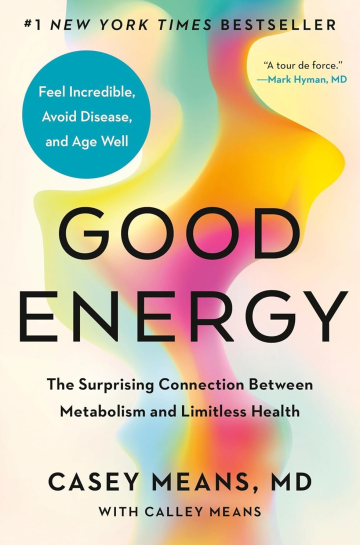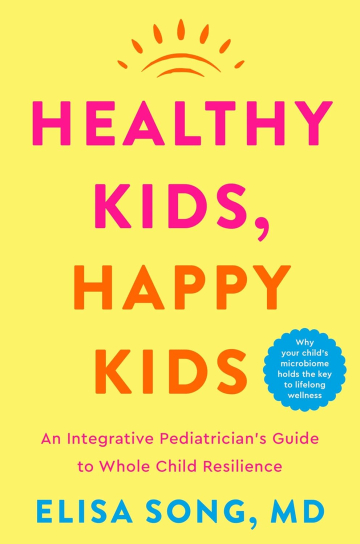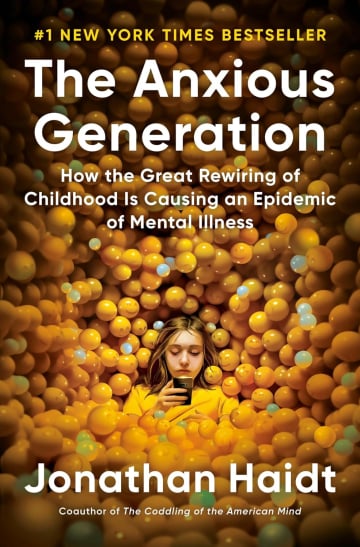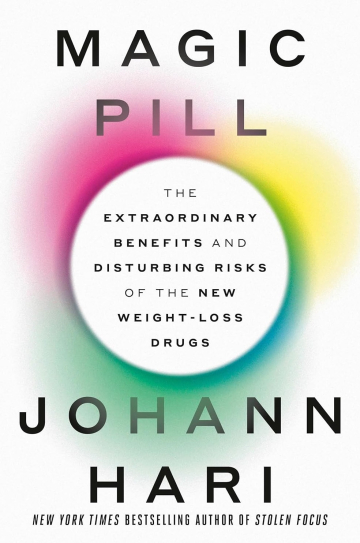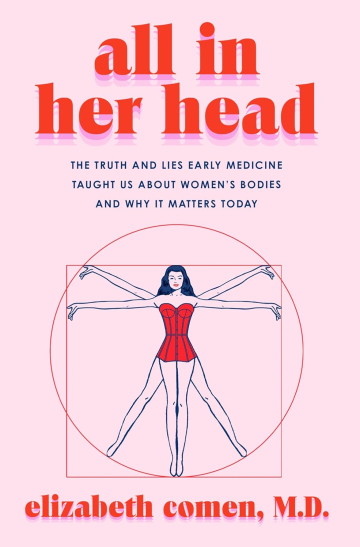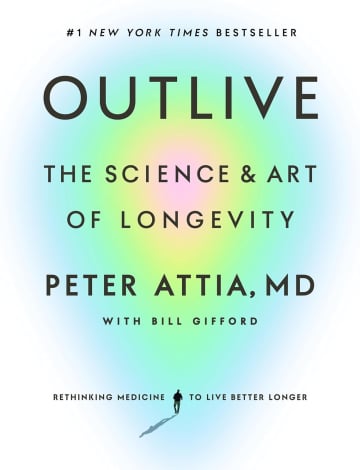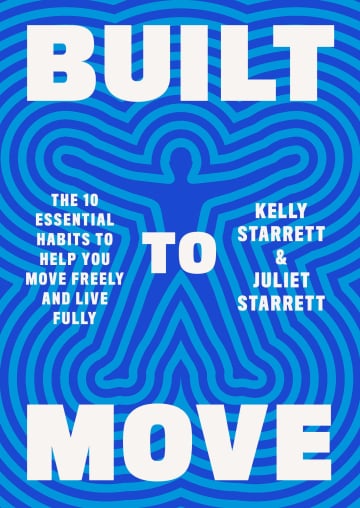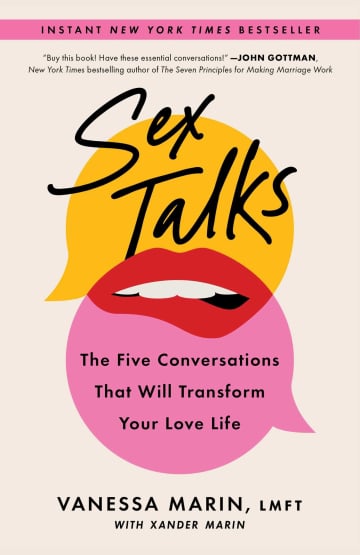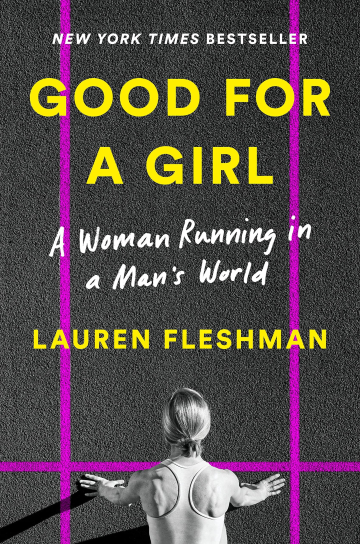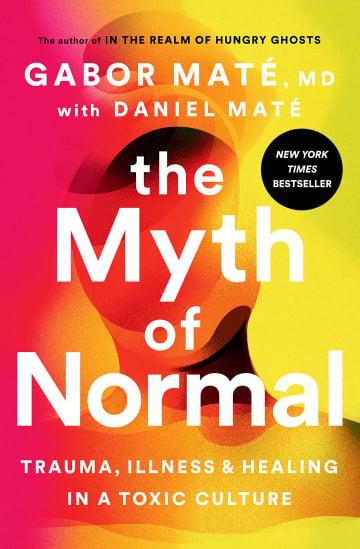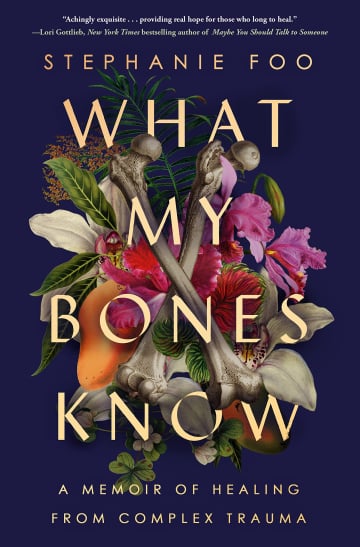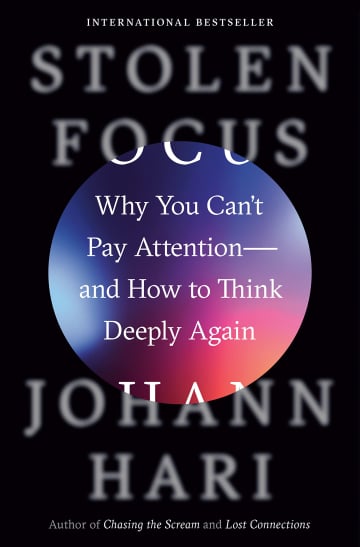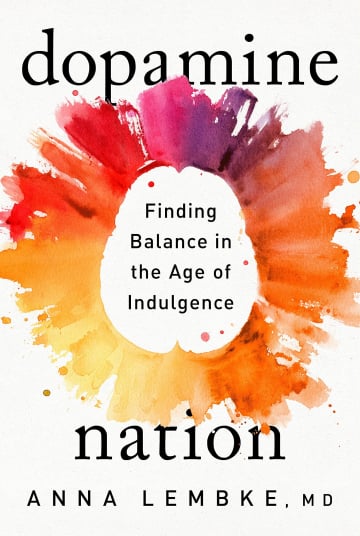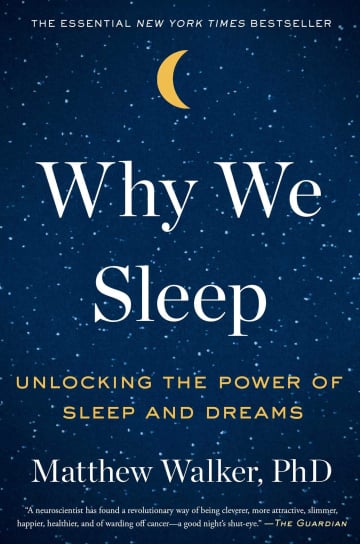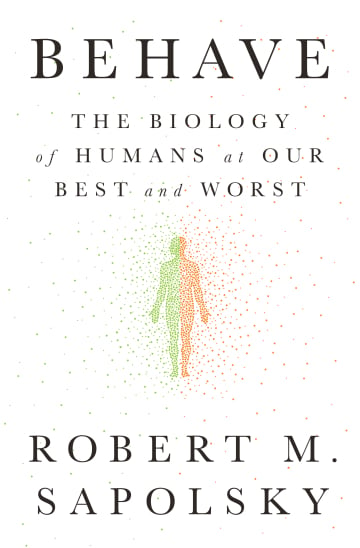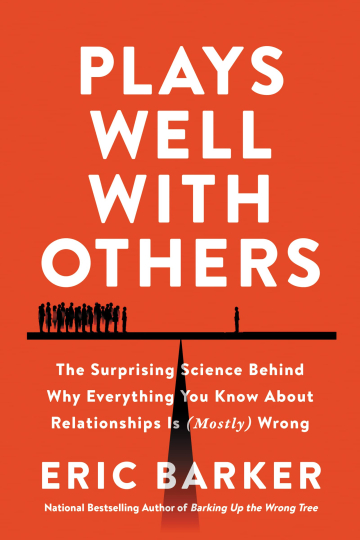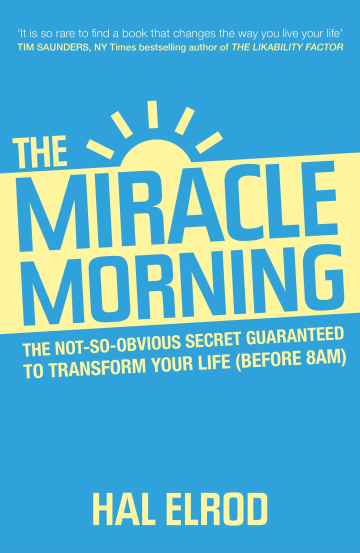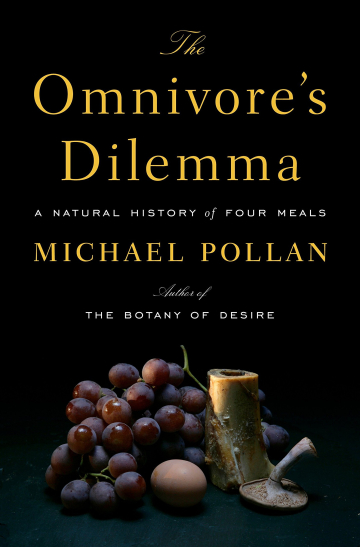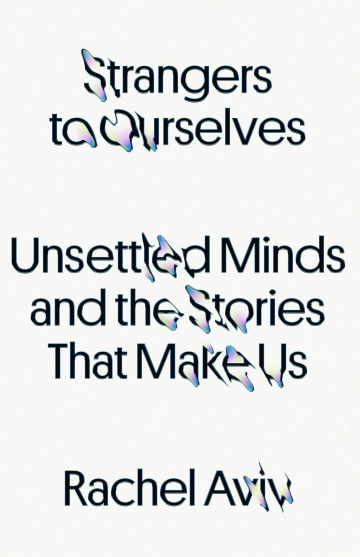
Strangers to Ourselves: Unsettled Minds and the Stories That Make Us
⚡️ 10 Quotes from the book
“I would not say the names of any foods because pronouncing the words felt like the equivalent of eating.”
“Mental illnesses are often seen as chronic and intractable forces that take over our lives, but I wonder how much the stories we tell about them, especially in the beginning, can shape their course. People can feel freed by these stories, but they can also get stuck in them.”
“Studies show that people of color are rated as “lacking in insight” more often than those who are white, perhaps because doctors find their mode of expressing distress unfamiliar, or because these patients have less reason to trust what their doctors say. In the starkest terms, insight measures the degree to which a patient agrees with his or her doctor’s interpretation.”
“There are stories that save us, and stories that trap us, and in the midst of an illness it can be very hard to know which is which.”
“Our illnesses are not just contained in our skull but are also made and sustained by our relationships and communities.”
“The divide between the psychic hinterlands and a setting we might call normal is permeable, a fact that I find both haunting and promising. It’s startling to realize how narrowly we avoid, or miss, living radically different lives.”
“Black people’s troubles were seen in sociological and collective terms. They were denied the singularity of their psychological experiences and dismissed as deficient patients.”
“The concept of borderline personality disorder emerged in medical literature in the 1930s, for patients whose symptoms didn’t fit any other diagnoses.”
“According to one survey, 97 percent of eating-disorder specialists said that their patients had been put in situations that threatened their lives, because their insurance wouldn’t pay for more care, and one in five specialists said that insurance companies were responsible for the death of a patient.”
“Recovery does not refer to an end product or result. It does not mean that the paralyzed man and I were ‘cured.’ In fact, our recovery is marked by an ever-deepening acceptance of our limitations.”
Related videos
Publications
The Guardian: Strangers to Ourselves by Rachel Aviv review – rewriting the language of mental illness
The New York Times: In ‘Strangers to Ourselves,’ a Revelatory Account of Mental Illness
The Washington Post: The stories we tell about mental illness — others’ and our own
The Guardian: Strangers to Ourselves by Rachel Aviv review – redefining mental illness
The Times: Strangers to Ourselves by Rachel Aviv review — tales from the frontlines of the mental health crisis
Ask Albert:
Rate the book
⚡️ Discover Even More Bookish Wisdom
recommends
recommends

